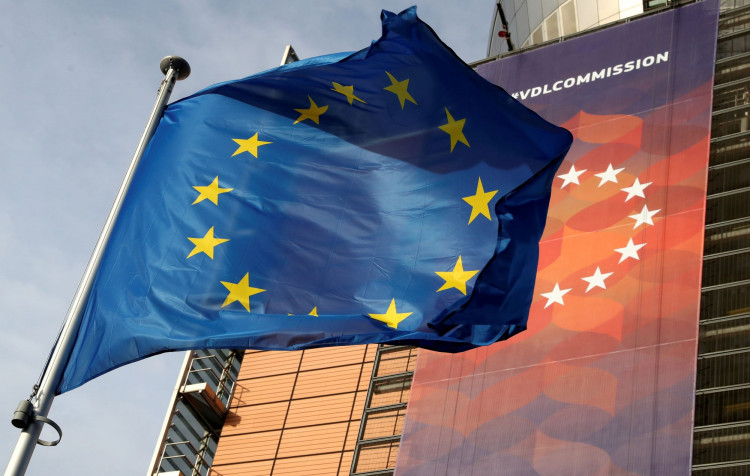The defence and foreign ministries of the European Union will meet in Prague this week to examine ideas to establish an EU military training mission for Ukrainian forces and to look at requests from some countries to impose travel restrictions on Russian citizens entering the Union.
For some time now, the military of Ukraine has been receiving training from several EU states, primarily to teach them how to use the weapons that the West is sending to the country to aid in its fight against Russia's invasion.
Before the defense ministers' meeting on Monday and Tuesday, EU diplomats told Reuters that it is still unclear where an EU training program may be situated and what authority it might have.
Josep Borrell, the head of the bloc's foreign policy and security, has provided little information about his plans thus far, only indicating that such a program would be located in neighboring nations rather than Ukraine.
In a concurrent meeting with representatives from the UN and NATO, military ministers will also talk about the future of the EU's postponed training mission in Mali and the UN peacekeeping force MINUSMA.
A planned visa ban for Russians will be at the top of the agenda when the European Union's foreign ministers take over the talks in Prague on Tuesday.
The six-month-old war in Ukraine continues to be a foreign policy priority for the organization.
The Czech Republic is pressing for an EU-wide ban on visas for Russian tourists, and a concept backed mainly by the Baltic states. The Czechs presently hold the rotating EU presidency.
However, Germany, a few other member states, and Borrell oppose such a move, claiming it might violate EU regulations and obstruct Russian dissidents' escape routes.
According to Lithuania's foreign minister Gabrielius Landsbergis, if the EU disagrees on a union-wide ban, Estonia, Latvia, Lithuania, Poland, and Finland, which all share a border with Russia, may take independent action to stop tourists.
Since direct flights between Russia and the EU were halted due to Moscow's invasion of Ukraine, most Russians enter the EU through the land borders of the five nations, according to Landsbergis.
As the first nation in the EU to do so, Estonia shut its border to more than 50,000 Russians with valid visas in the middle of August.
Earlier this month, Ukrainian President Volodymyr Zelenskiy urged the West to impose a broad travel restriction on Russians.





